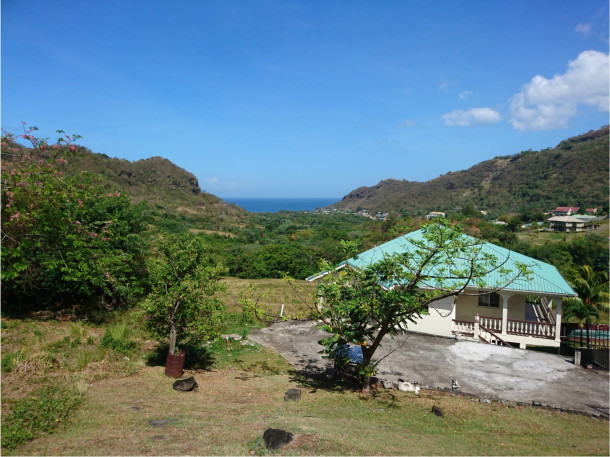News
Towards sustainable ecosystems within the Anglophone Caribbean region

In February 2022, St Vincent and the Grenadines initiated the project ‘Holistic Management and Sustainable Development of the Buccament Valley Biosphere Reserve’, which aims to create the country's first biosphere reserve.
Currently, there are 727 UNESCO Biosphere Reserves across 131 countries; however, there are only two biosphere reserves within the Anglophone Caribbean region. These are St Mary’s Biosphere Reserve in St. Kitts and Nevis, and the Northeast Tobago Biosphere Reserve in Trinidad and Tobago.
It is crucial for such Small Island Development States (SIDS) to focus on developing sustainable ecosystems and ways of life due to the underlying challenges they may face due to climate change. It is these areas who will suffer most from intrinsic and timeless difficulties catalysed by climate change.
The Buccament Valley, located in western St. Vincent extends from the upland mountainous region to the beaches of Buccament Bay. This stretch of land is home to 10 villages whose inhabitants are invested in its success with links to agriculture education and tourism.
Local committee member Vincent Reid said "the Buccament Valley would be the ‘best fit’ to focus on creating a harmonious ecosystem”. Residents are eager to get involved in this initiative, which is crucial for the maintenance and prosperity of the site and create a sustainable and thriving site in the heart of St Vincent and the Grenadines.
Janeil Henry-Rose, Secretary General of the Saint Vincent and Grenadine National Commission for UNESCO, mentioned that the country continues to play its part, working towards a sustainable future. She also said that “the project addresses challenges experienced in various ecosystems, such as climate change and biodiversity loss”. This will not only create an area of preservation but a place of learning too.
The UNESCO Man and the Biosphere (MAB) programme intends to achieve a sustainable future by supporting relationships between humans and nature. Biosphere reserves conserve biological and cultural diversity, encouraging the sustainable use of natural resources so that all species can thrive in harmony.


